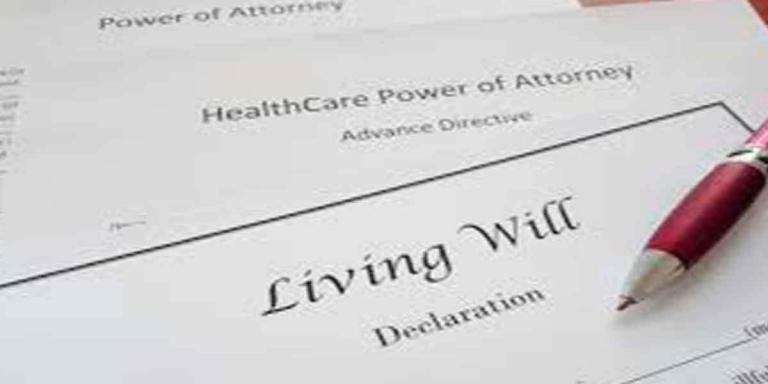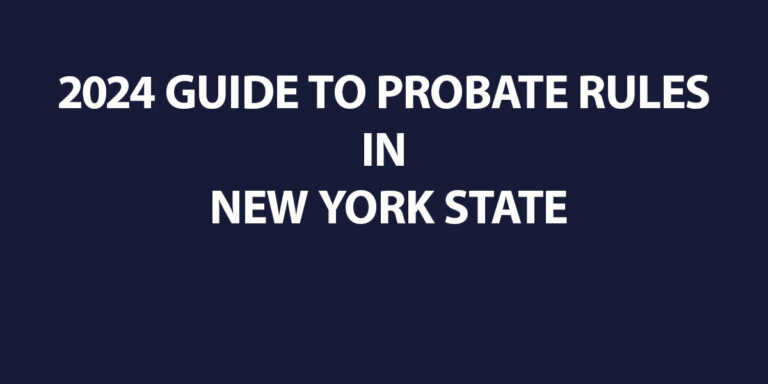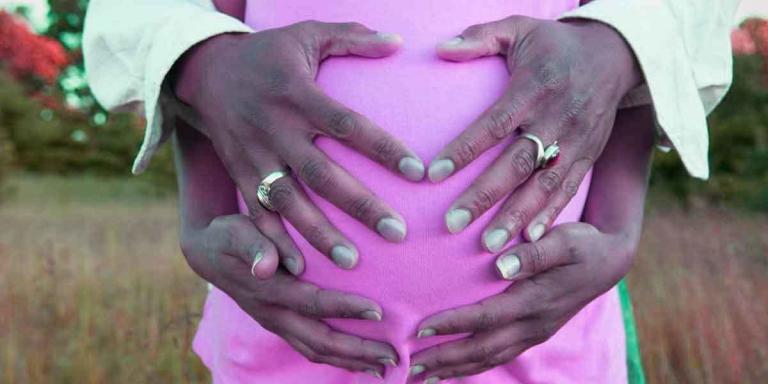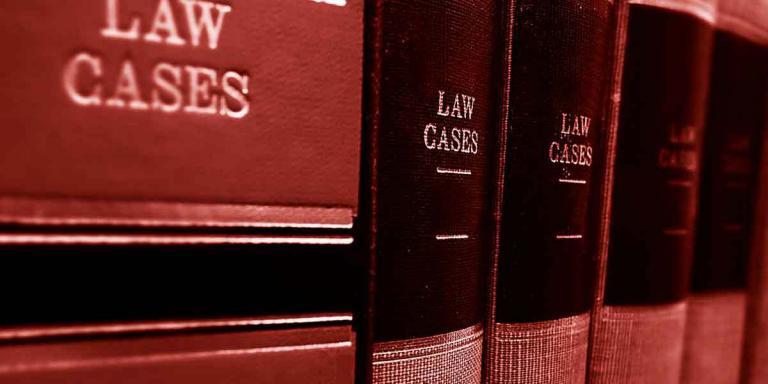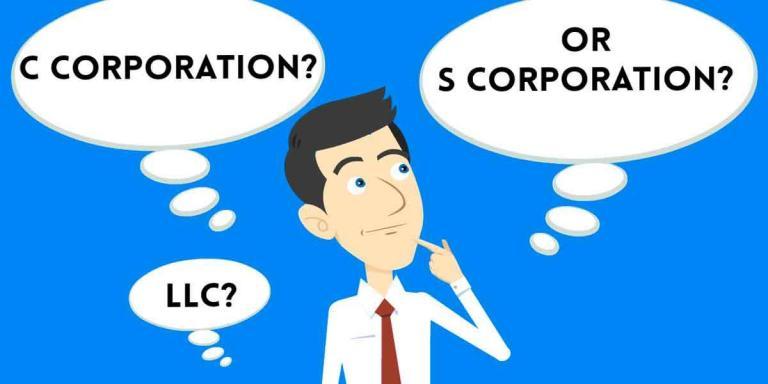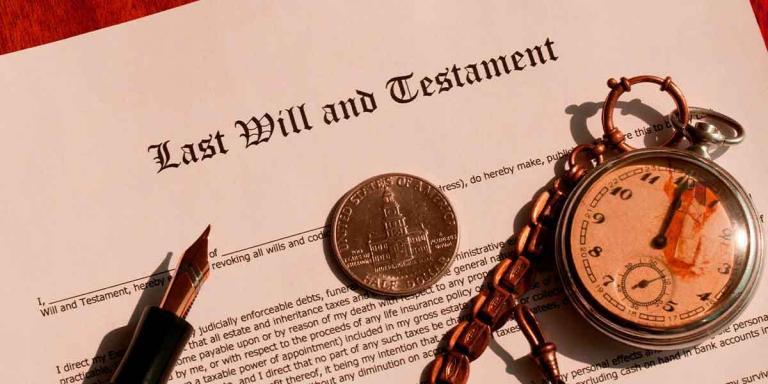If you have no idea of what probate is, then here is your chance to. Probate is a very common process which usually begins after the death of an estate owner. This court-supervised process is done to authenticate a last will and testament of a deceased, provided he or she made one.
The probate process includes locating and determining the value of the individual’s assets, settling their final bills and taxes, and sharing the rest of the estate to the designated beneficiaries.
Will and probate
A will is a fundamental estate planning document in which you express your desires concerning the disposal of your possession when you finally pass away. You get to name your beneficiaries and what you want them to receive. But a will does not keep an estate from going through probate. On the contrary, a will necessitates probate because if there is a will, it must be validated by the probate court before the instructions therein can be carried out.
Does a will keep an estate from undergoing probate?
Creating a will wouldn’t stop your estate from undergoing probate. It doesn’t really make sense to assume that a will can keep an estate out of probate, as one of purposes of probate is to determine the authenticity of a will. Creating a will only ensures that your assets are distributed based on your wishes. If you want to escape probate then you will have to set up a trust, hold your property jointly, or name beneficiaries in your retirement or bank account.
How can one prevent probate?
Setting up a living trust is no doubt one of the most common ways to escape probate. A living trust is simply an alternative to a last will. Unlike a will, which hold information regarding how you want your assets to be shared, a living trust places your assets and property “in trust” which are managed by a trustee on behalf of your beneficiaries.
Who’s an executor?
An executor is an individual assign to oversee the implementation of an estate plan. Typically, during the creation of a last Will, an executor would have been named to implement the deeds in the plan. The executor often time does not need to be professional. In some cases, the executor could be one of the family or close relative of the Will maker.
The duties of the executor during probate include one of the following:
- Locating the decadent’s estate and other asset properties.
- Determining the date of death values of the decedent assets.
- Identifying the decedent creditors and notifying them of this death. This is required before the estate plan can be implemented.
- Paying of the decedent’s death. This may include tax incurred on estate as well as other accountable debts incurred during the probate process.
- Preparing and filling taxes returns on the deceased properties.
- After the above process, the court can then give a nod to the personal representative to distribute the decedent’s estate as stated in the Will.
Bottom line.
Probate processes can be long and exhausting; a probate attorney can offer quality assistance to the estate’s executor. Asides being needed in court probate matters, the executor and estate beneficiaries needs the attorney to settle their estate.
A probate attorney would assist the executor in the following probate processes
- Proving the validity of a will, (if a will was actually drafted by the decedent before death);
- Appointing an estate administrator if the will didn’t appoint one, or when the will fails the validity check;
- Ascribing a total estimated value to all the assets within and out of the estate;
- Paying all estate bills and debts;
- Identifying and notifying all potential beneficiaries and family members of the deceased;
- Distribution of the assets based on the instructions of the will or by intestacy laws.
Contact a probate attorney near you today. The role a probate attorney plays in probate and settling of estate cannot be underestimated. Probate periods are always tough times for the deceased family and every other close relative. To eliminate the burden of losing a family and also losing an estate property, you need a probate attorney to handle your probate processes.











